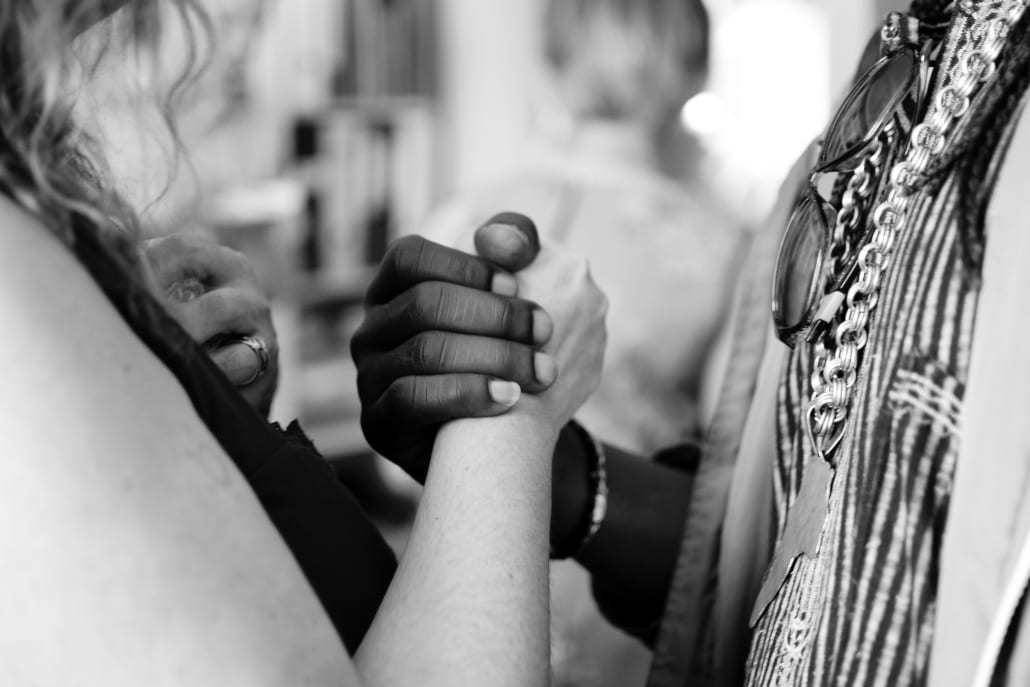Opinion | Can Palestinians become less divided? By Alaa, Palestine

Can Palestinians become less divided?
Since joining the Hebrew university 4 years ago, I started a long journey ofdiscovering new things, people, and cultures, which opened my eyes to the different views of Palestinians in their own eyes and the others’.
I’m half Jerusalemite, was born and raised in the holy city and out of it. To be more specific, I was always moving around Hebron, my dad’s city, which explains my other half. The combination of these two rich and different cultures (“Hebronian” and “Jerusalemite”), gave me the ability to pay attention in a detailed way these two different societies.
Jerusalem and Hebron are not only cities, but sections of the bigger division of the occupied Palestine. When I joined the Hebrew university, I got to know those parts more than ever, and realized that the division creates a kind of separation between the Palestinians themselves. The major three parts that I am talking about are northern Palestine, the West Bank, and Jerusalem.
Mistakenly, lots of Palestinians, that do not know the cities or the villages that were occupied in 1948, refer to that land as the “North”, even if it is not located at the North. This mistake is followed by thousands of people, being myself who used to think in the same way. With time, after meeting people from all around Palestine, especially the “northern”, I became aware to the fact that we, Palestinians, are not only divided by borders, but also by the stereotypes we have on each other.
West bankers are poor and less educated, Jerusalemites are in higher level, and “northerners” are the richest, smartest, and most educated. Thus, these are the three most heard ideas you can get when asking a person that had never met people from the other regions or had minimum interaction with them. These stereotypes are not right at all, but they are spreading continually, although the interaction among the different communities is even bigger day by day.
I once was in Bethlehem, a city in the West Bank, with two friends of mine. The first was a girl from Nazareth, while the second one was a guy from Nablus. We talked about this subject, trying to understand the reason behind this division, and we ended up with the same answer. The Media.
Media, whether social or formal, shapes people’s opinions and points of view, and definitely, when they repeat the same view of a group of people, or similar events that they went through, a strong opinion will be built and stuck in the unconscious of the viewer’s brain. Understanding this huge role that media plays daily, helps us get rid of the mistaken ideas that we pass on people, especially those involved in the same situation as ours.
In my opinion, people must stop classifying new people in their life immediately, looking forward the similarities they have, and less at the differences. I think it all starts with the question, “Where are you from?”, and continues with the first connection we make when we hear the answer. People are putting others in boxes, based on their knowledge of the region/place they come from. This knowledge is most likely to come from sources such as media, because not everyone can visit or get to know the place closely.
Overcoming this phenomenon, at first is related strongly to the media and its content. For us to become less stereotypical with others, in general, and other Palestinians in particular, we have to make a better media content, one which reflects good and honest realities of the parts that are far from us. A content that concentrates on the similarities and not on differences.
Secondly, we as individuals, should stop asking questions that make us judge people or discriminate in specific categories. Instead, finding other questions that are bonding and deeper, for example, we don’t ask a girl about her city of origin, but about what most she likes about it, without knowing what it is, unless she mentions it. This way, we may have good conversations, and maintain less differences in our points of view.
A country is all about what makes it, a body that is connected by what makes it special, despite the fact that separation serves other parties. That is why I think it is important to seek for honest and real media, and less dividing actions.





Leave a Comment
Want to join the discussion? Feel free to contribute!